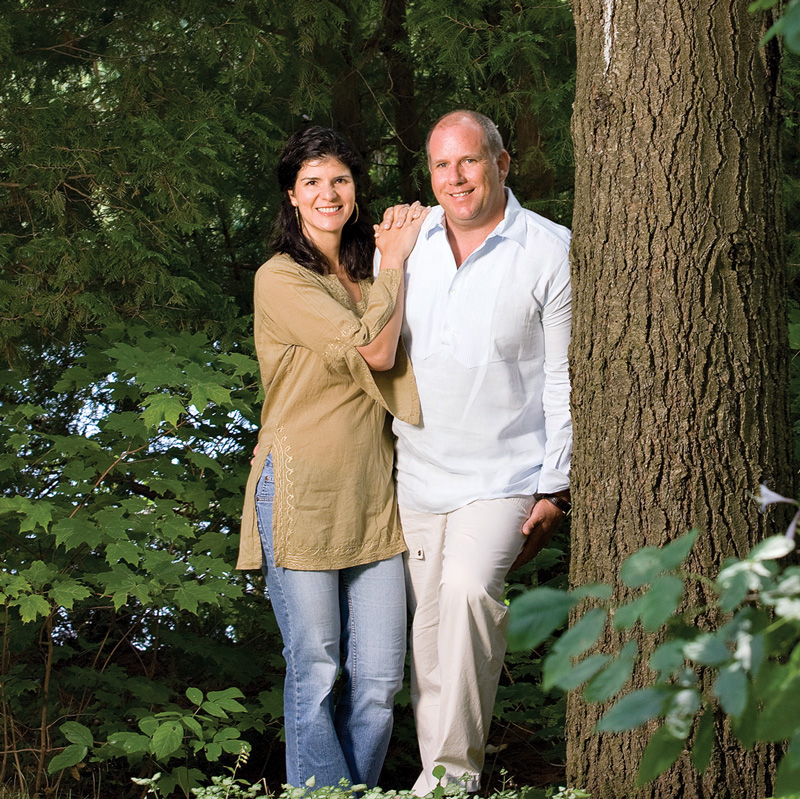Almost a decade after making a $20-million gift to establish the Dalla Lana School of Public Health at the University of Toronto, Paul and Alessandra Dalla Lana are doubling down on their investment.
Earlier this year, the couple announced they are making an additional $20-million gift to the school. “It’s been amazing to see the impact research conducted at the school is having on critically important but often overlooked public-health and health-system issues across Canada and globally,” says Paul Dalla Lana, who founded NorthWest Healthcare Properties REIT – the largest private owner and manager of medical buildings in Canada.
In the years since the couple’s original donation – the largest gift ever to public health in Canada – the faculty has grown into a global leader in the field, and is at the forefront of research to promote health and prevent disease. Its scholars have made significant contributions to a range of critical issues, from how to control the surging incidence of chronic illnesses such as diabetes, to the safety and effectiveness of hospital and home care, to how to pay for Canada’s health system.
The Dalla Lana family’s original gift fuelled this growth through the creation of scholarships, four endowed chairs and a dean’s fund. The new donation will provide funding for initiatives to improve the health-care system, devise innovative policies and create healthier communities.
Dr. Daniel Pincus, a PhD candidate in clinical epidemiology, is one of almost 1,000 Dalla Lana School of Public Health students. He studies wait times and health outcomes for hip surgery patients. Prof. Laura Rosella, the Canada Research Chair in Population Health Analytics, studies how life expectancy is affected by factors such as food insecurity and poverty. Prof. Prabhat Jha, the Endowed Chair in Disease Control (which is funded by the Dalla Lana family’s original gift), is studying how people in India die – in order to understand better the health of the living. Suzanne Stewart is a professor and director of the Waakebiness-Bryce Institute for Indigenous Health, which aims to improve the health of Indigenous peoples in Canada.
Students and faculty at the school are deeply involved in the community and across the health-care system. Many students hold down jobs as clinicians and managers while completing their studies. Last year, students created healthy menus for more than 25 drop-in centres across Toronto and recently hosted 130 students from Ontario universities for a public-health case competition tackling air quality and health.
Recent Posts
U of T’s Feminist Sports Club Is Here to Bend the Rules
The group invites non-athletes to try their hand at games like dodgeball and basketball in a fun – and distinctly supportive – atmosphere
From Mental Health Studies to Michelin Guide
U of T Scarborough alum Ambica Jain’s unexpected path to restaurant success
A Blueprint for Global Prosperity
Researchers across U of T are banding together to help the United Nations meet its 17 sustainable development goals





